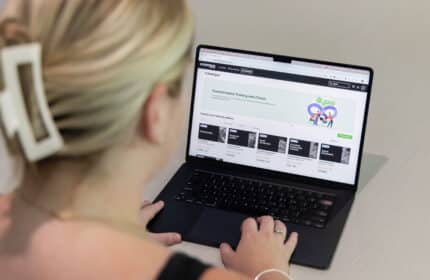Towing a vehicle from common property isn’t a decision that should be made lightly. Body corporates must ensure they follow the correct legal steps to avoid disputes and liability. Here’s what you need to know about the towing process.
Vehicle towing within a body corporate setting can be a complex and contentious issue. While it may sometimes be necessary to remove an unauthorised vehicle from common property, the process must be lawful, fair, and transparent.
Whether you’re dealing with abandoned vehicles, unauthorised parking, or obstruction issues, it’s crucial to understand the legal framework before taking action.
1. Identifying the vehicle’s owner
Before any action is taken, it’s essential to determine who owns the vehicle. The approach to towing will differ depending on whether the vehicle belongs to an owner, occupier, visitor, or third party.
Each of these parties has different rights and responsibilities, and removing a vehicle without proper justification could lead to legal disputes.
2. Establishing the right to tow
A body corporate cannot tow a vehicle at will—there must be a lawful basis for doing so. The right to tow may arise under:
- Statutory rights: Certain laws may allow towing in specific situations, such as when the vehicle poses a safety hazard.
- Distress damage feasant: This is a common law principle that allows for the removal of vehicles causing damage to the property.
- Contractual rights: If the body corporate has entered into a specific agreement or if there is a bylaw that permits towing in certain circumstances, this may also provide the legal grounds.
Understanding these legal principles is key to avoiding disputes and ensuring a smooth process.
3. Authorising the decision
A committee cannot make unilateral towing decisions—formal authorisation is required. This typically involves passing a resolution that outlines the reason for towing and the steps to be taken. This ensures transparency and accountability while reducing the likelihood of legal challenges.
4. Choosing the right towing operator
The body corporate must engage a licensed towing company that adheres to local regulations. Having a clear towing agreement in place ensures that the operator follows proper procedures and minimises liability for all parties involved.
5. The role of signage
Clear signage can help prevent unauthorised parking and ensure compliance with towing policies. However, while signage is important, it is only one part of the broader legal framework governing towing. Bodies corporate should not rely solely on signs but ensure all legal considerations are met.
Need Help with the Towing Process?
If your committee needs guidance on lawful vehicle towing, Civium can assist in arranging appropriate legal advice and reviewing by-laws to ensure compliance. Taking proactive steps now can prevent costly disputes and frustrations later.



